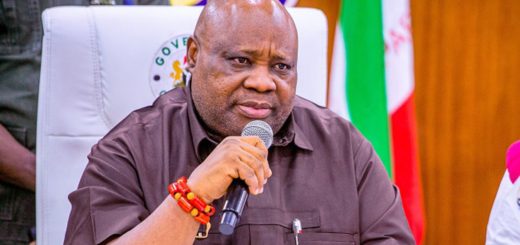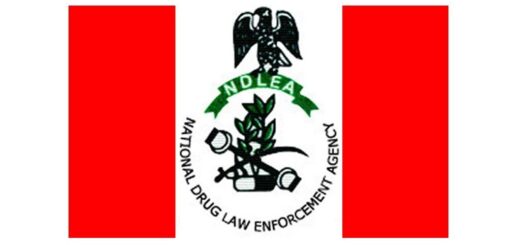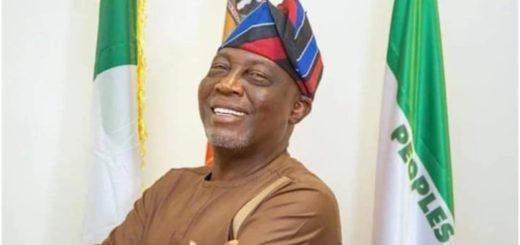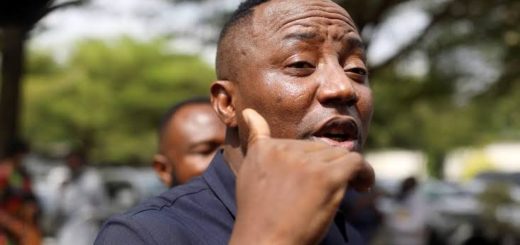“Delta APC Leadership Crisis Deepens as Factions Clash Over Omo-Agege’s Role”
by Admin · Published · Updated
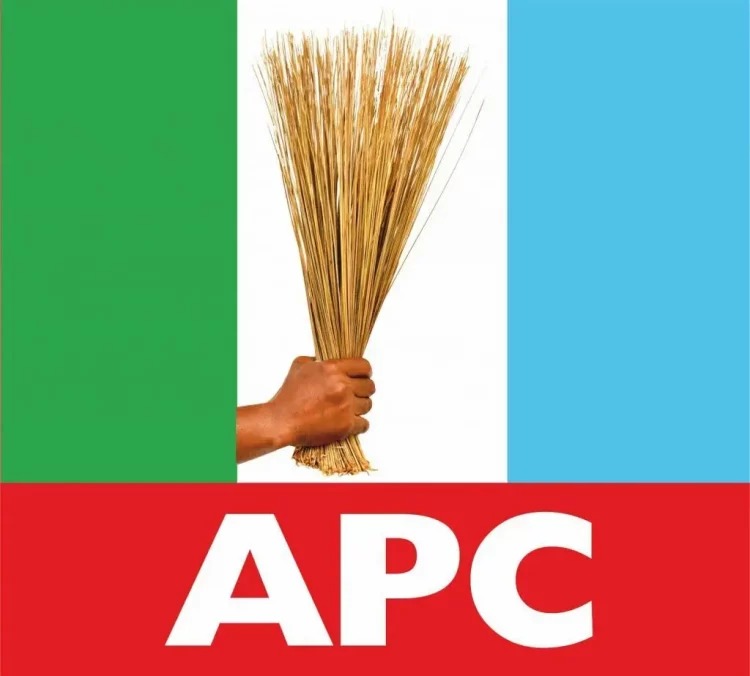 The leadership crisis within the Delta State chapter of the All Progressives Congress (APC) continues to deepen, with various factions locked in a heated dispute over the recognition of former Deputy Senate President Ovie Omo-Agege as the party’s national leader in the state. The conflict, which has persisted since the 2023 general election, has fueled numerous accusations, with key party figures from different factions exchanging sharp words.
The leadership crisis within the Delta State chapter of the All Progressives Congress (APC) continues to deepen, with various factions locked in a heated dispute over the recognition of former Deputy Senate President Ovie Omo-Agege as the party’s national leader in the state. The conflict, which has persisted since the 2023 general election, has fueled numerous accusations, with key party figures from different factions exchanging sharp words.
Peter Nwaoboshi, a former senator from Delta North and a leading figure in the state’s APC, criticized the report submitted by the reconciliation committee led by Olorogun O’tega Emerhor. According to Nwaoboshi, the committee’s findings would further divide the party rather than unify it. He accused the committee of proposing leadership structures that violated the APC’s constitution and threatened to create chaos within the party.
Nwaoboshi, a political ally of Omo-Agege, pointed out that the proposed leadership arrangement—where Omo-Agege, the APC’s 2023 gubernatorial candidate, would co-chair with a serving minister—contradicted Nigeria’s order of precedence, which places senators above ministers. He argued that such a move would undermine Omo-Agege’s credibility as a former Deputy President of the Senate and a member of the party’s National Executive Council (NEC).
Further complicating the situation is Nwaoboshi’s concerns over the planned defection of his political successor, Senator Ned Nwoko, from the Peoples Democratic Party (PDP) to the APC. Nwaoboshi alleged that Nwoko was attempting to dissolve the Delta APC executive and reorganize it to his benefit, undermining the party’s democratic principles. He criticized Nwoko’s actions as being premature and self-serving, particularly given that Nwoko had not yet officially joined the APC.
Nwaoboshi’s statements have sparked backlash from some of Nwoko’s supporters, who accuse him of trying to undermine the party’s success in Delta State and specifically Delta North. They claim that under Nwaoboshi’s leadership, the party failed to make significant progress and that Nwoko’s entry into the APC would revitalize the party’s fortunes.
In response to Nwaoboshi’s criticisms of the Emerhor-led reconciliation committee, APC chieftain and former Minister of Niger Delta Affairs, Godsday Orubebe, came to the defense of the committee’s work. Orubebe described Nwaoboshi’s remarks as baseless, pointing out that Nwaoboshi had not been actively involved in the committee’s meetings or consultations. He emphasized that the Emerhor-led committee had made groundbreaking recommendations for moving the Delta APC forward, which he argued would help strengthen the party in future elections.
Orubebe urged party members to put aside personal grievances and support the committee’s report for the benefit of the party’s future. He stressed the importance of unity and collaboration to overcome the challenges facing Delta APC, calling on all stakeholders to focus on the collective good rather than personal ambitions.
As tensions continue to rise within the party, it remains to be seen how the Delta APC will navigate these leadership disputes and work towards achieving a cohesive and unified approach in the lead-up to future elections.
